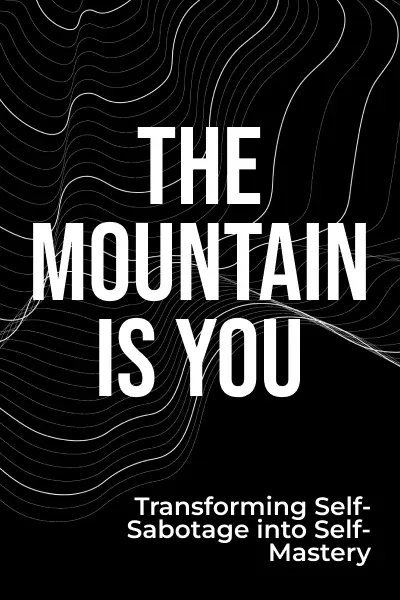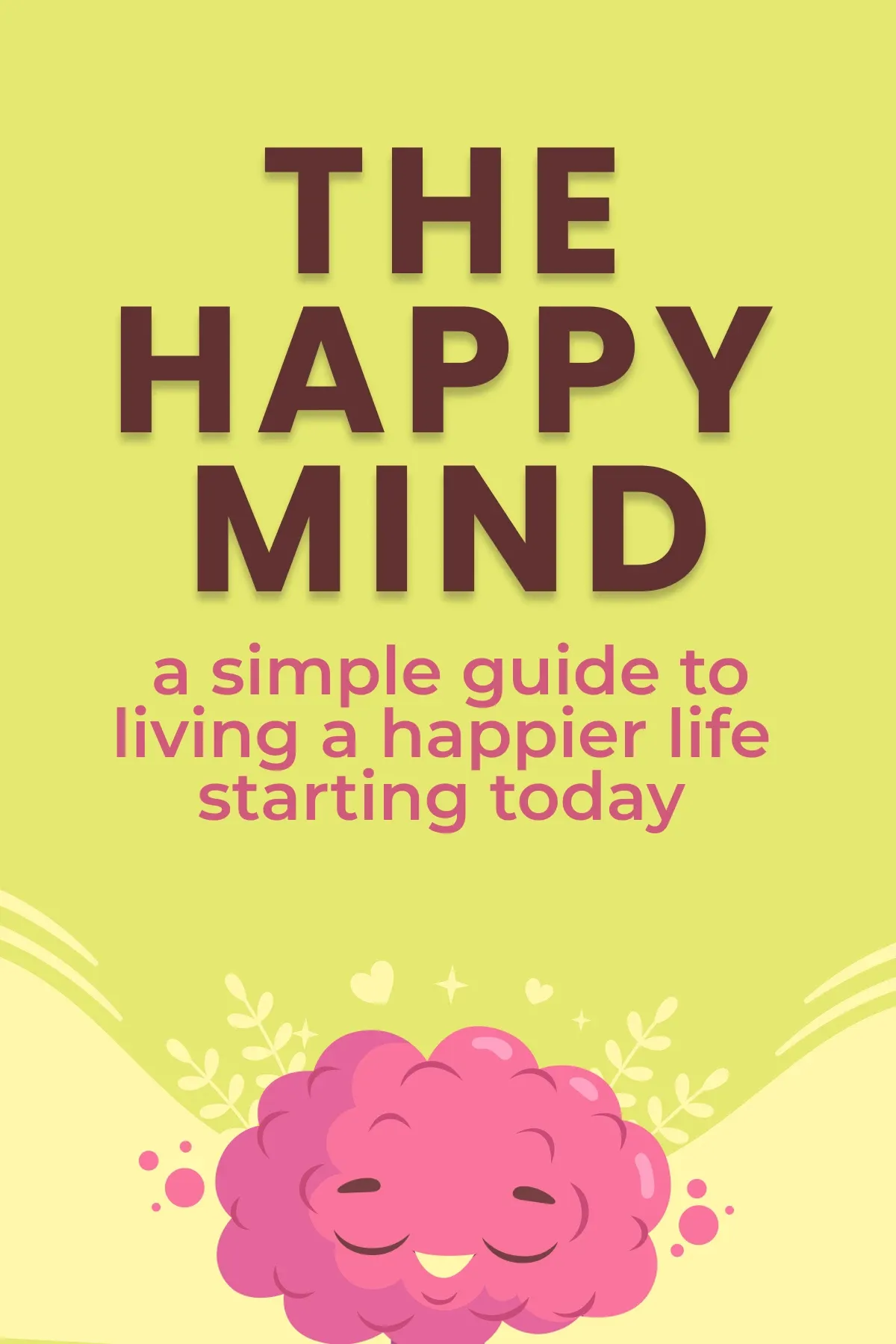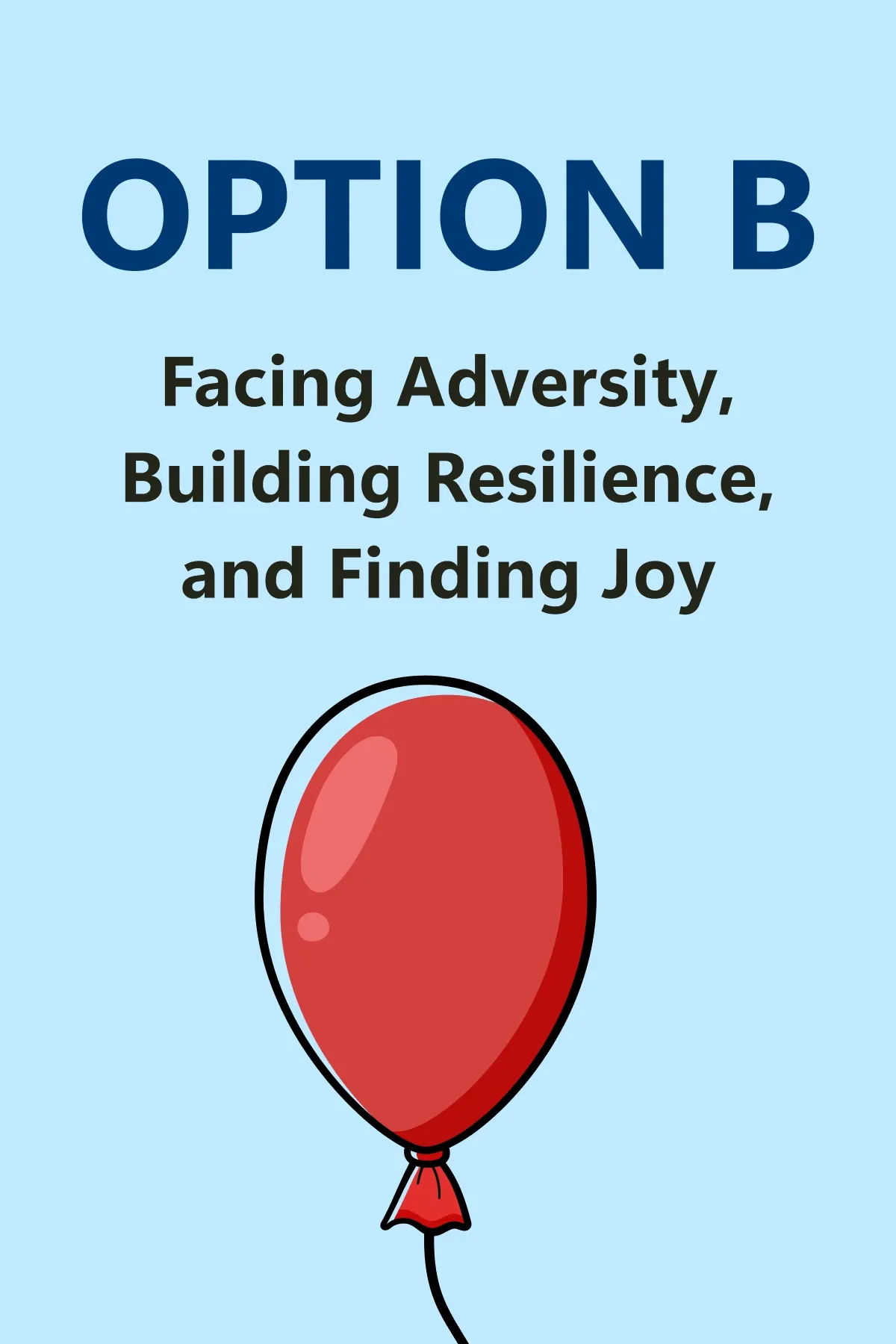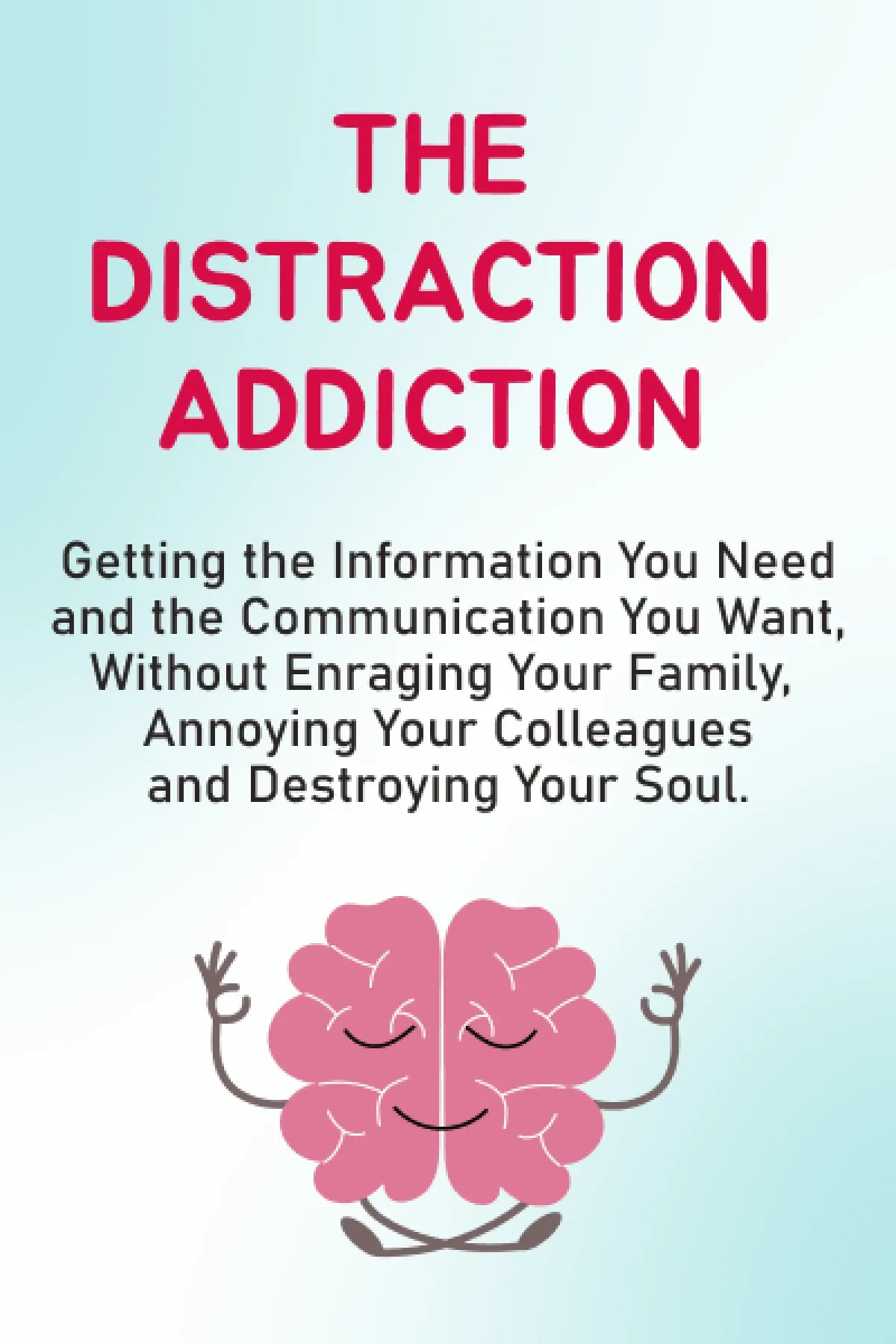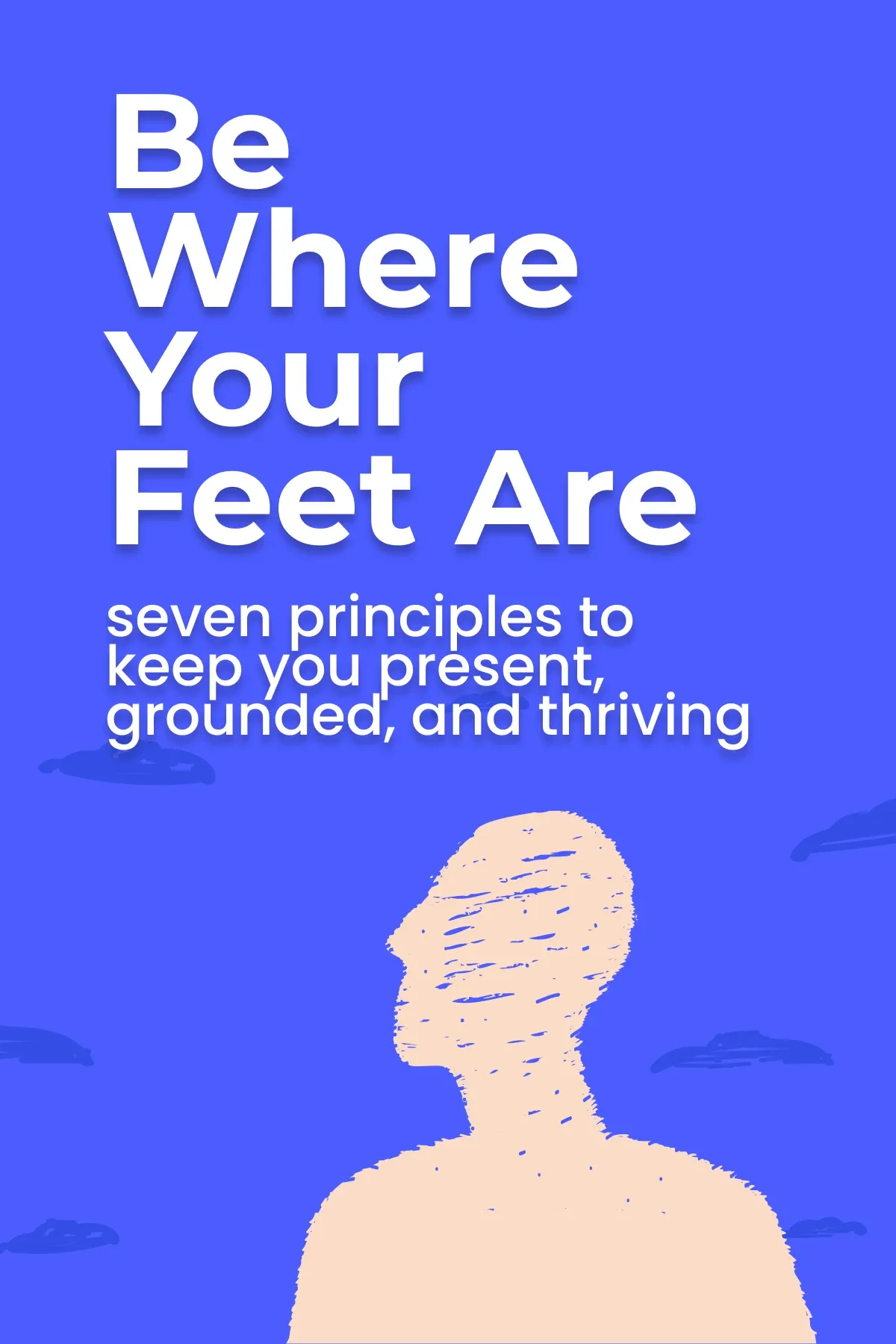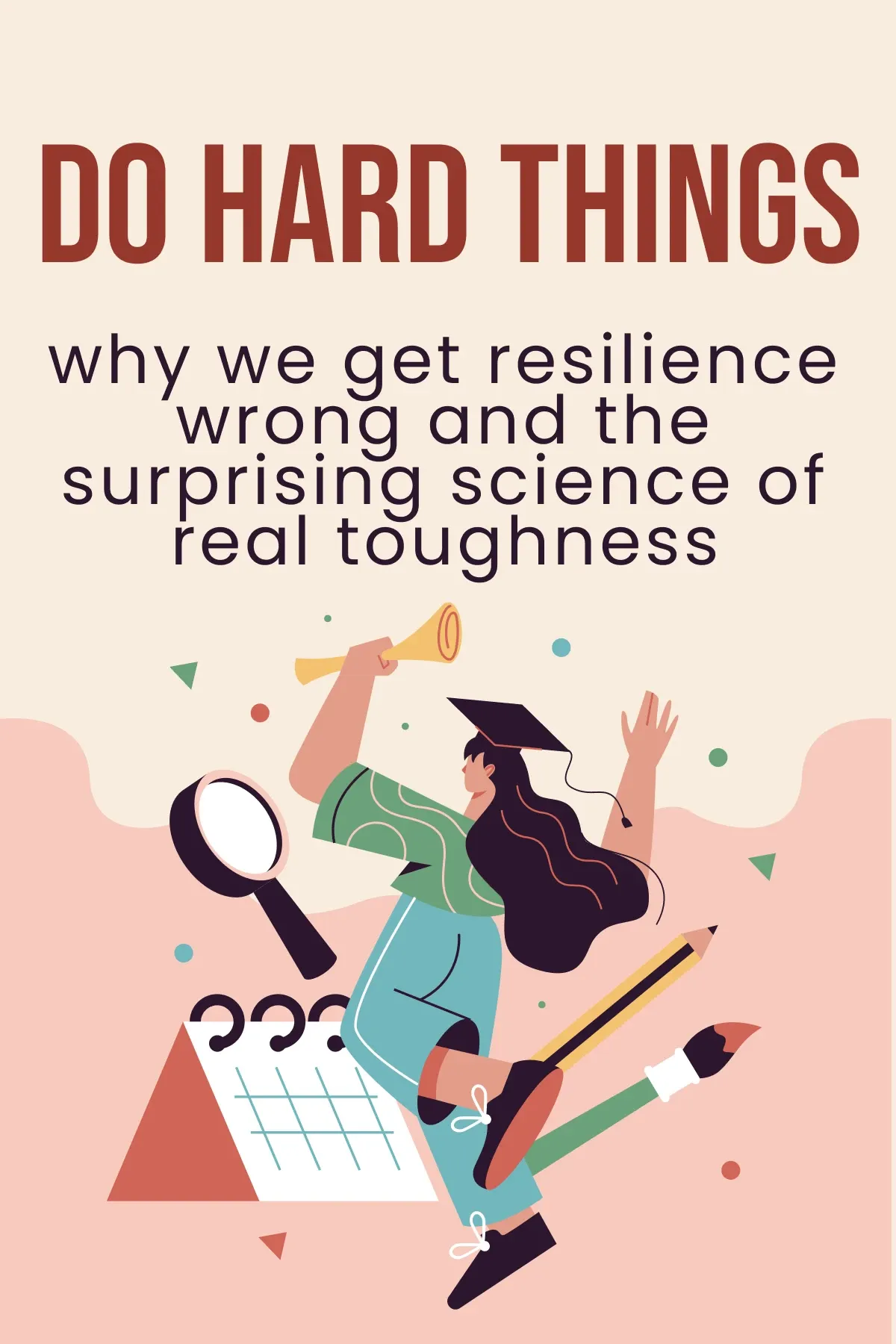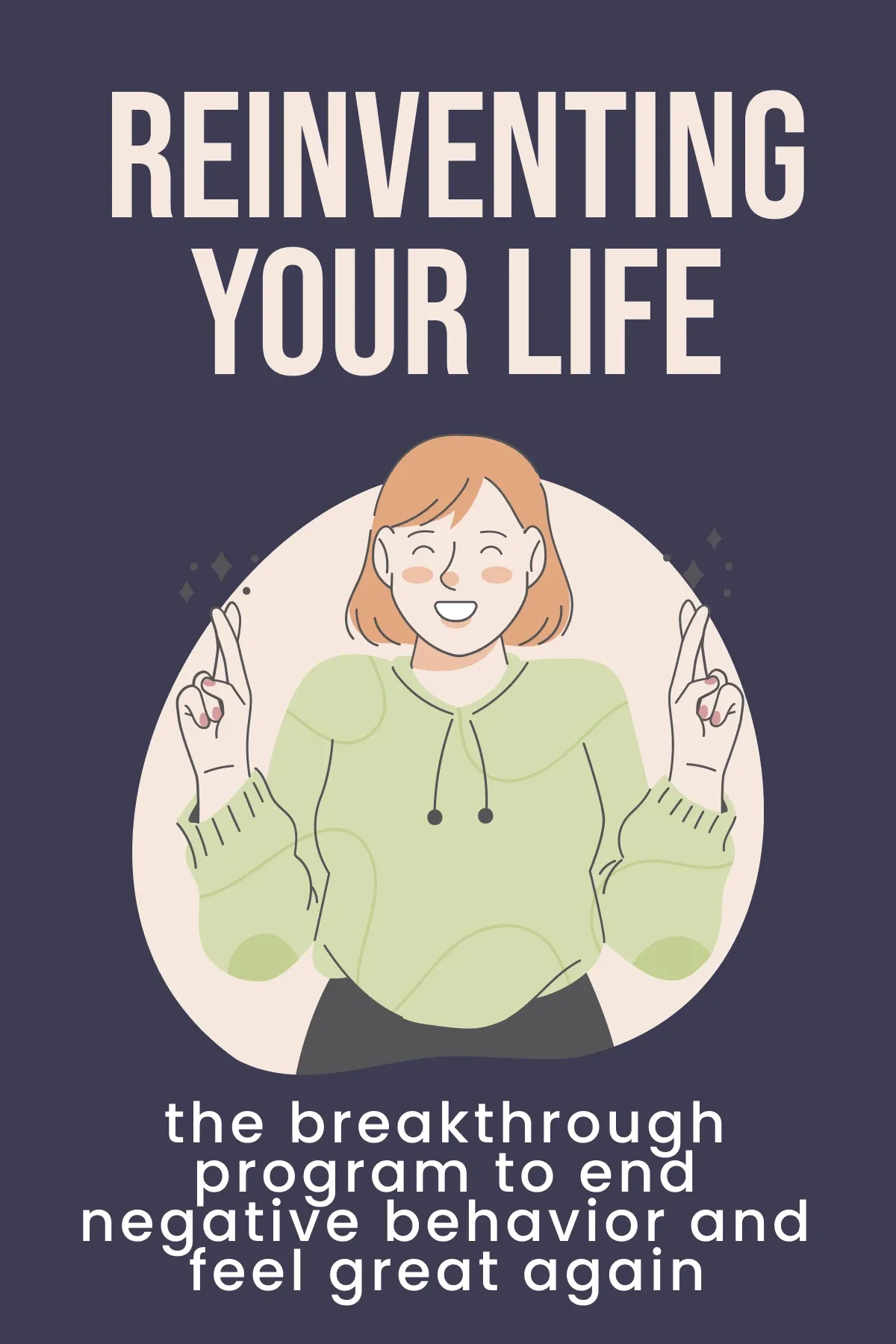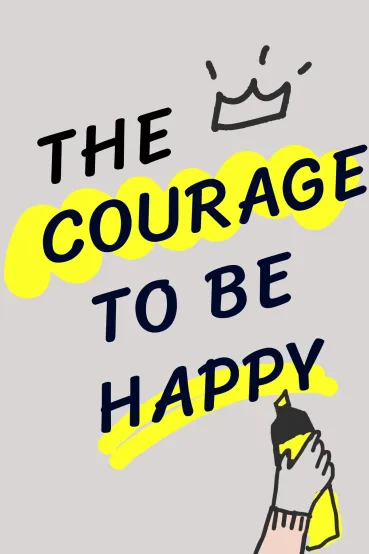
The Courage to Be Happy
Brief Summary
“The Courage to Be Happy” by Ichiro Kishimi and Fumitake Koga offers insights into how psychology, upbringing, and education can influence our happiness. With the principles of Adlerian psychology, the book demonstrates how our level of content is tied to our childhood experiences.
Key points
Key idea 1 of 7
Children learn many things at school — from basic skills like reading and writing to more complex ones like solving math problems, understanding the laws of physics, and memorizing historical dates. They might also learn the names of all the planets in the solar system, how to play a musical instrument or even arts. However, the true purpose of education goes beyond simply teaching these facts or skills.
According to Alfred Adler, a psychologist known for his theories on human behavior, the main goal of education is to cultivate independence. Adler believed that we are all naturally driven to seek self-reliance from a young age. Even as babies, we try to overcome our initial helplessness by learning to crawl, walk, and communicate. This innate desire to become self-sufficient is a fundamental part of human development. Adler suggests that becoming self-reliant involves focusing on our own responsibilities and avoiding interference in others’ matters. He classified tasks into two types: our tasks and the tasks of others. Our aim should be to carry out our own tasks while letting others take care of theirs.
This self-reliance requires proper education. At first glance, teaching self-reliance through structured learning might seem contradictory. However, Adler viewed education as an essential process that equips children with all the necessary skills. Through both academic and social learning, children understand how to interact with others, follow societal rules, and find their place within a community. This knowledge is crucial for personal development and cooperation among individuals.
Adler also considered education a form of re-education. He argued that counseling, a key component of his psychological practices, guides individuals back to their natural path of growth.
FAQ
You may also like these summaries


